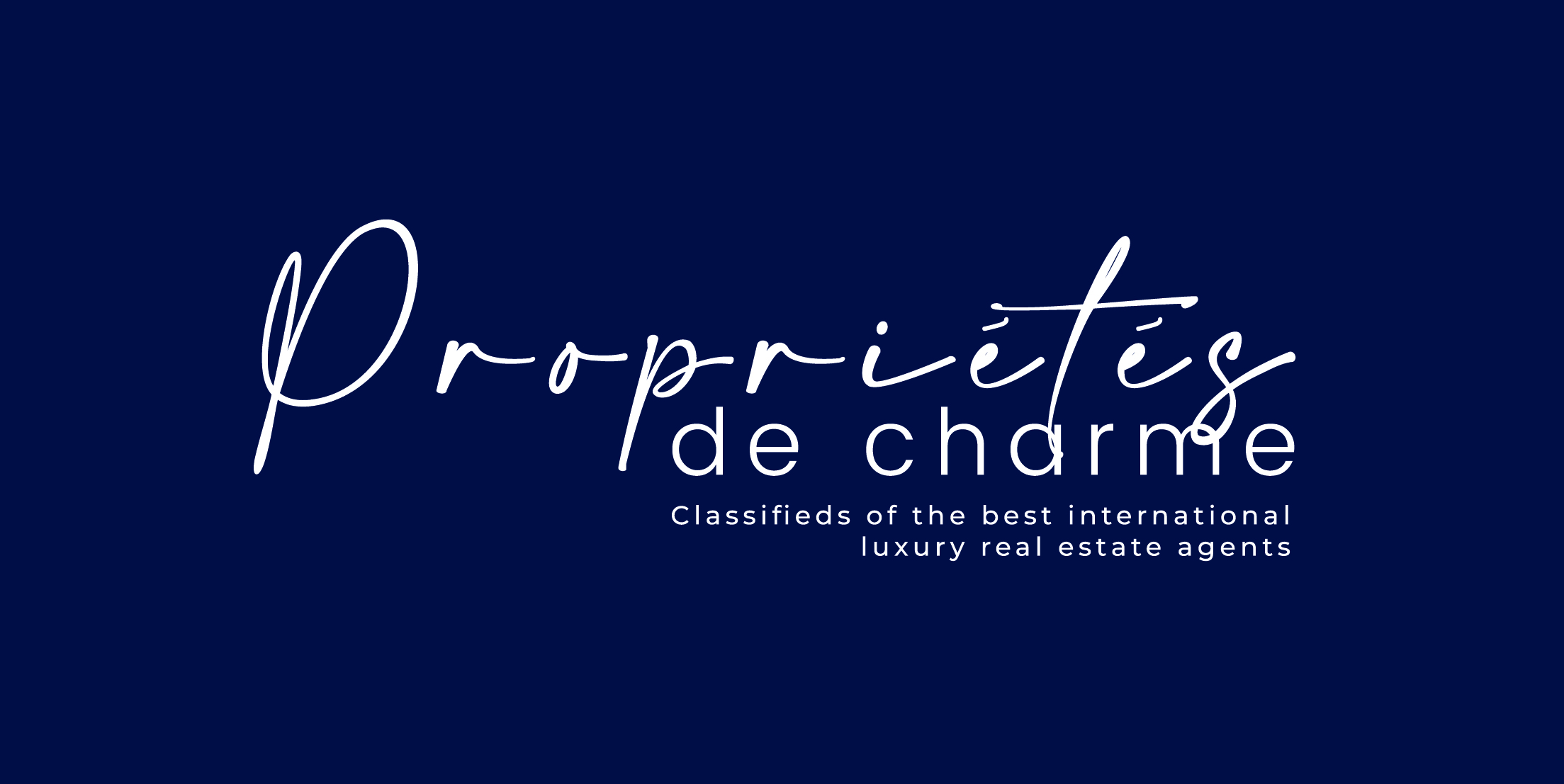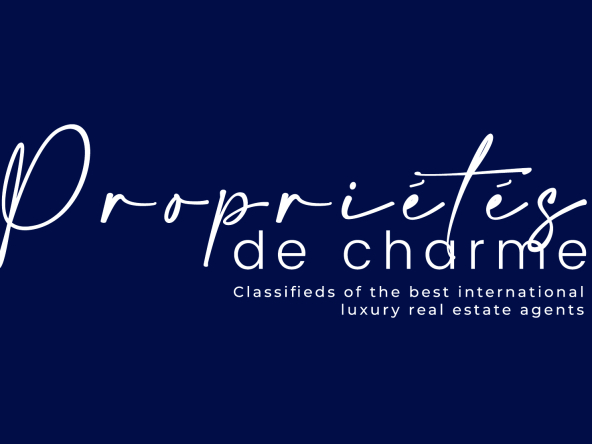How to finance a castle purchase? Subsidies and aid
Buying a castle is a dream for many, but financing such an acquisition can be complex. Fortunately, there are several solutions to facilitate the purchase of these historic properties, whether through grants, assistance or specific financing options. This article explores the different avenues available to finance the purchase of a castle in France, while taking into account the particularities of such an acquisition.
1. Initial evaluation: purchase cost and associated costs
Before embarking on the purchase of a castle, it is essential to evaluate the overall costs. In addition to the purchase price of the property, several costs are added, such as:
- Notary fees (between 7% and 8% of the purchase price).
- Renovation or restoration work, which can represent a significant part of the budget.
- Local taxes (property tax, housing tax, etc.).
- Maintenance and upkeep costs, often higher than for a traditional property.
Future owners must therefore anticipate these costs in their financing plan.
2. Classic bank loans for the purchase of a castle
Most buyers will start by exploring traditional bank financing options. Conventional property loans can be used to finance the purchase of a castle, but the eligibility criteria may be stricter. The bank will take into account not only the price of the castle, but also any renovation costs.
To obtain a real estate loan for the purchase of a castle, it is advisable to:
- Present a solid financial file (stable income, personal contribution, repayment capacity).
- Call on a real estate broker to negotiate the best conditions.
- Justify the project if renovations are planned, by presenting work estimates.
3. Subsidies for the restoration of historic castles
One of the advantages of acquiring a castle classified as a historic monument is access to subsidies for restoration work. In France, several public and private aids are available for owners of historic monuments, under certain conditions.
has. Subsidies from the DRAC (Regional Directorate of Cultural Affairs)
The DRAC grants subsidies for the restoration of historic monuments. This aid can cover part of the renovation work, in particular those aimed at preserving the architectural integrity of the castle. To benefit from these subsidies, the castle must be classified or registered as a historic monument.
The eligibility conditions are strict:
- The owner must undertake to maintain the property.
- The work must be carried out by craftsmen specializing in heritage restoration.
- A historic monuments architect must supervise the work.
b. Heritage Foundation
The Heritage Foundation is a private organization that supports the preservation of historic monuments. It offers financial assistance to castle owners wishing to undertake restoration work. In return, the owners must commit to opening the castle to the public for a certain number of days per year.
Aid from the Heritage Foundation is particularly interesting because it supplements public subsidies. They can finance up to 20% of restoration costs, which represents valuable assistance for often costly work.
4. Tax reductions for castle owners
In addition to subsidies, the acquisition and renovation of a castle can allow you to benefit from attractive tax advantages, particularly within the framework of the Historic Monuments law. This law allows owners of classified castles to deduct restoration costs from their taxable income, under certain conditions.
has. Historical Monuments Law
The owners of a castle classified or registered as a historic monument can deduct from their income expenses related to the restoration and maintenance of the property. This includes:
- Restoration work costs.
- Property management costs.
- Interest on loans linked to the acquisition or work.
These tax deductions are particularly advantageous for highly taxed taxpayers, because they significantly reduce income tax.
b. Rentals and openings to the public
If the owner opens his castle to the public (visits, events, weddings, etc.), he can also benefit from additional tax exemptions. Indeed, the income generated by the tourist operation of the castle can be partially or completely exempt from tax, under certain conditions.
Opening to the public can also provide access to additional assistance for work to upgrade or improve accessibility.
5. Alternative financing: real estate crowdfunding and partnerships
Another increasingly popular solution for financing the purchase or renovation of a castle is real estate crowdfunding. This model allows several investors to finance a real estate project together, often in exchange for a return on rent or a share of the capital gain on resale.
has. Real estate crowdfunding
Some platforms specializing in crowdfunding offer projects related to the restoration of castles. Investors participate in financing the work and receive a return on investment via rental or tourist income from the castle.
This option can be interesting for owners with a project with high tourism potential, because it allows costs to be shared while attracting a community of passionate investors.
b. Public-private partnerships
In certain cases, it is also possible to form partnerships with public or private institutions to finance part of the purchase or work. For example, certain municipalities may be interested in the tourist and cultural development of their region and offer additional aid or subsidies.
6. The importance of the business plan to obtain financing
Whether you choose a bank loan, public grants or crowdfunding, it is essential to have a solid business plan. A castle, especially if it is intended for commercial activities (tourism, events, etc.), requires a well-defined financial strategy.
The business plan must include:
- An accurate estimate of purchase and renovation costs.
- A forecast of income (rentals, visits, events, etc.).
- A schedule of work and expenses.
A clear and detailed presentation of your project will increase your chances of obtaining funding and aid.
Financing the purchase of a castle requires a versatile approach, combining bank loans, grants, tax advantages and sometimes alternative financing such as crowdfunding. Depending on the classification of the castle and the intended use, owners can access valuable assistance to restore and maintain these exceptional properties. The key is to prepare your project well and explore all the options available to make this dream accessible.


